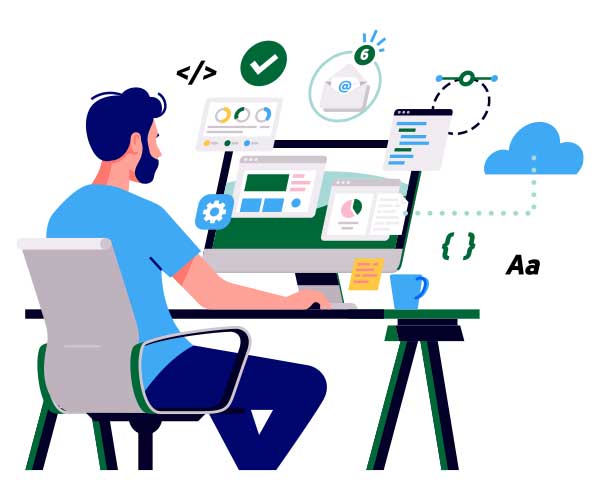
IO1
Survey of needs
Survey on the knowledge and needs of municipalities on the concept of smart cities. This IO has the form of a research report. The task leader will prepare methodology for all the partners. The methodology will be presented in the form of questionnaire.The partners will thereafter work at their home countries on collecting the data which they will pass to the task leader. The task leader will process the data into the form of a research report that will lead to the curriculum development.

IO2
Curriculum development
Based on the survey of needs the work will continue on curriculum development. The survey of needs will be analysed and a general decision on the context of curriculum will be taken. The lead partner will then prepare guidelines for the course materials developers. On the basis of these guidelines the course developers will be able to work on preparing course materials in the next stage of the project. The output will be at the end presented in the form of binding curriculum design on which a work on the actual course materials can commence.

IO3
Course materials development
The course materials will be initially available in the form of publication for the adult trainers and consultants. In the next step they will be available also in digital form in order to be transformed into Moodle e-learning platform. The end result will be both physical materials and a Moodle learning platform. The content will be further refined based on the survey of needs and especially the developed curriculum.

IO4
Webinar for Training of Trainers
This IO will be organised once the course materials are developed and transformed into online learning materials utilising the Moodle platform. The webinars will serve two purposes. First they will be a piloting tool helping us to achieve the best possible quality as after the webinars the courses still may be improved based on the participants’ feedback. Second, they will also serve as a dissemination tool. They will be offered in the form of four webinars where the course developers will produce live video-conferencing sessions to a group of minimum fifty participants.